Flowcharting
978-3-8567-6445-6
© 2023 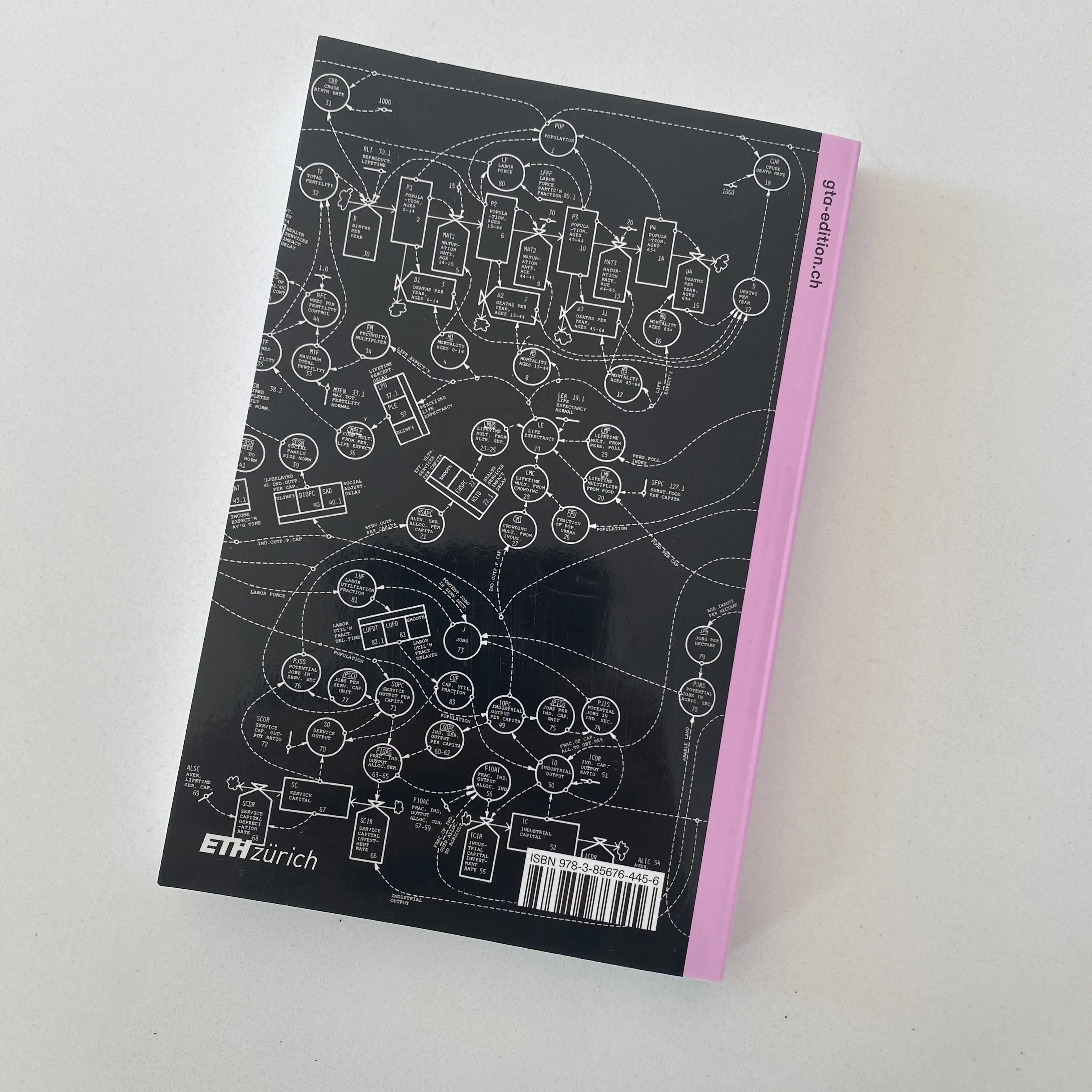
art+technologyarchitecturetheory
Description
Flowcharting From Abstractionism to Algorithmics in Art and Architecture is a 140-page book by Matthew Allen published by gta Verlag in January 2023. The book is based on Allen's Harvard University Graduate School of Design dissertation research. \nThe book discusses how the modernist program of rationalizing creative practice between the 1930s and 1960s took a bureaucratic turn, and how decades of avant-gardist experimentation prepared the way for the computer's entry into the architectural scene. \nIt also discusses how abstract flowcharts can be translated into concrete instructions, where things that were only hinted at in the flowchart must be worked out more precisely.\nBy the time the computer arrived on the architectural scene, its place had been prepared by decades of avant-gardist experimentation. The modernist rationalization of creative practice took a decidedly bureaucratic turn between two generations of constructivists in the 1930s and 1960s. \nFrom Paris to Cambridge, artists, designers and architects tried to crack the code of artistic genius to democratize the creation of better environments, thus stimulating nascent algorithmic techniques. Their motivation emerged from attempts to understand art and architecture through serial effects. By adopting flowcharting procedures from scientific mar agement, they enacted a paradigm shift that had long bee a cherished dream of modernism, replacing composition with organization as the basis of design.
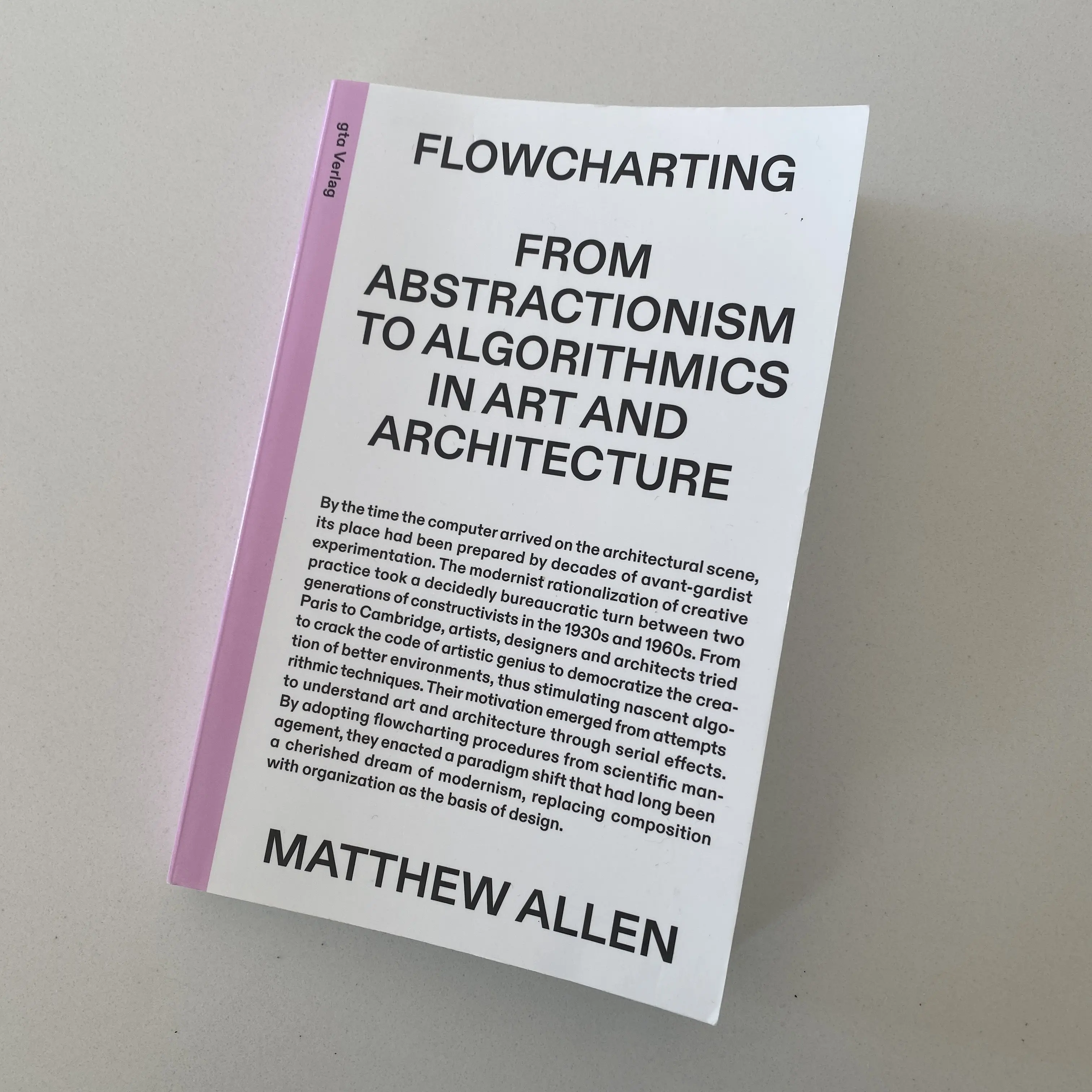
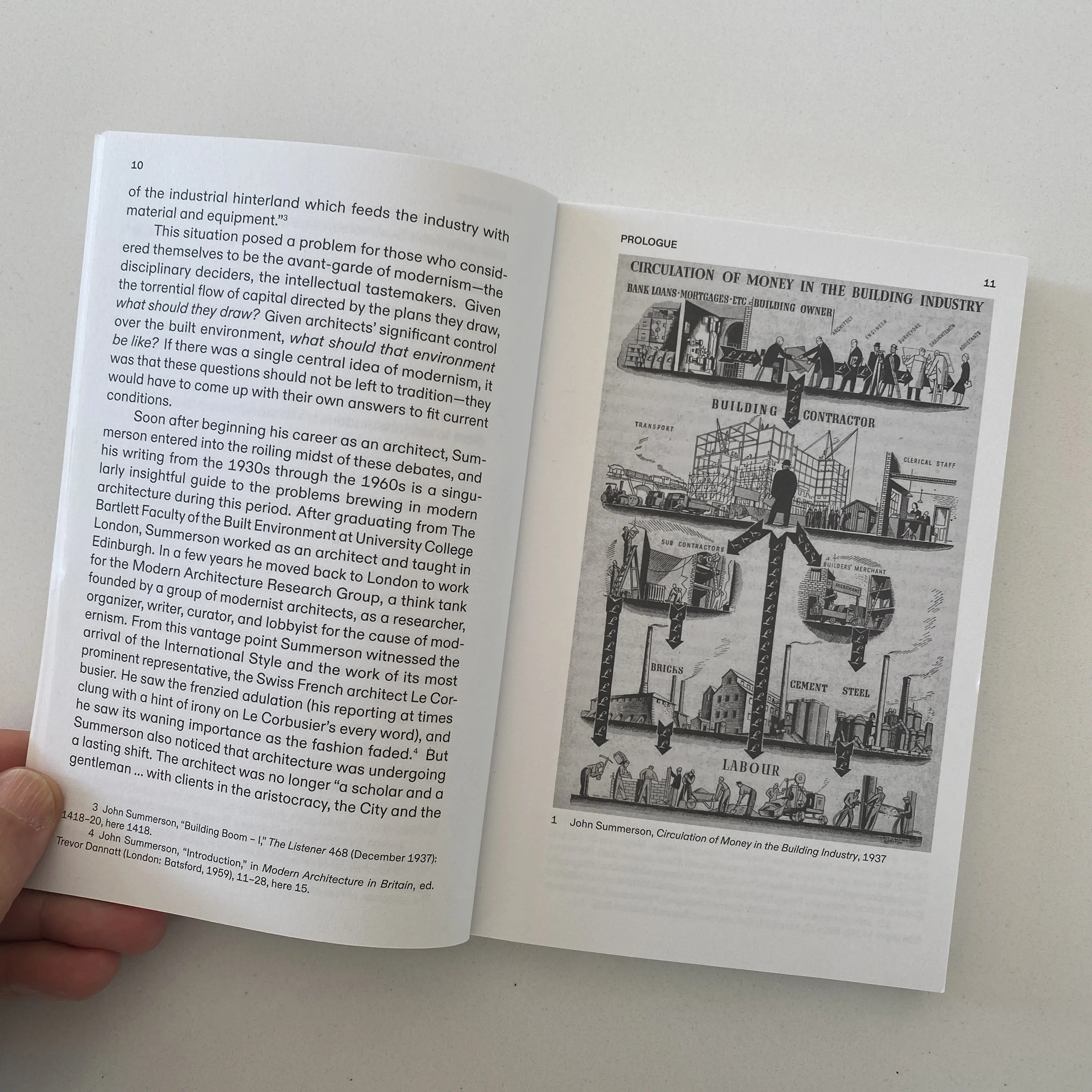
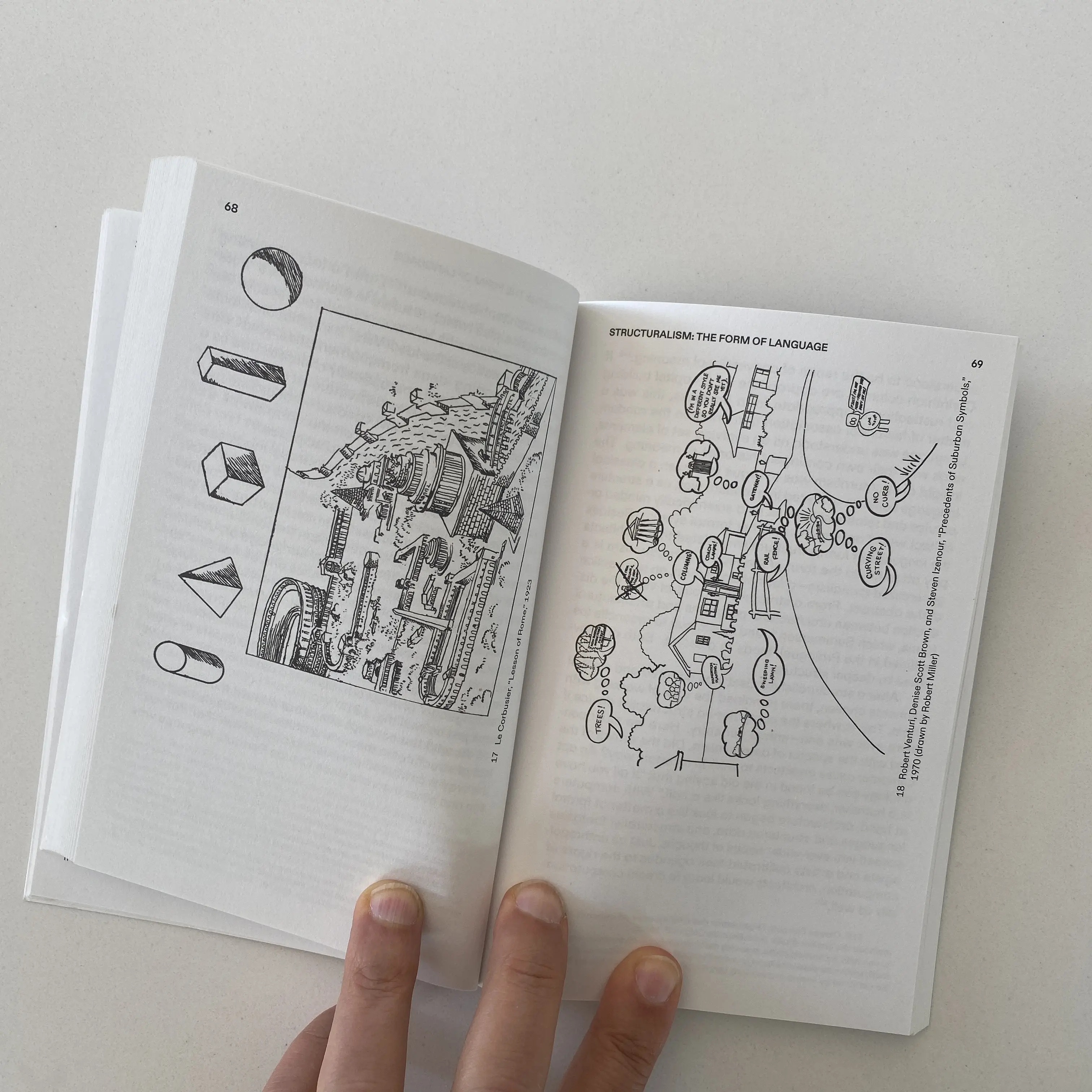
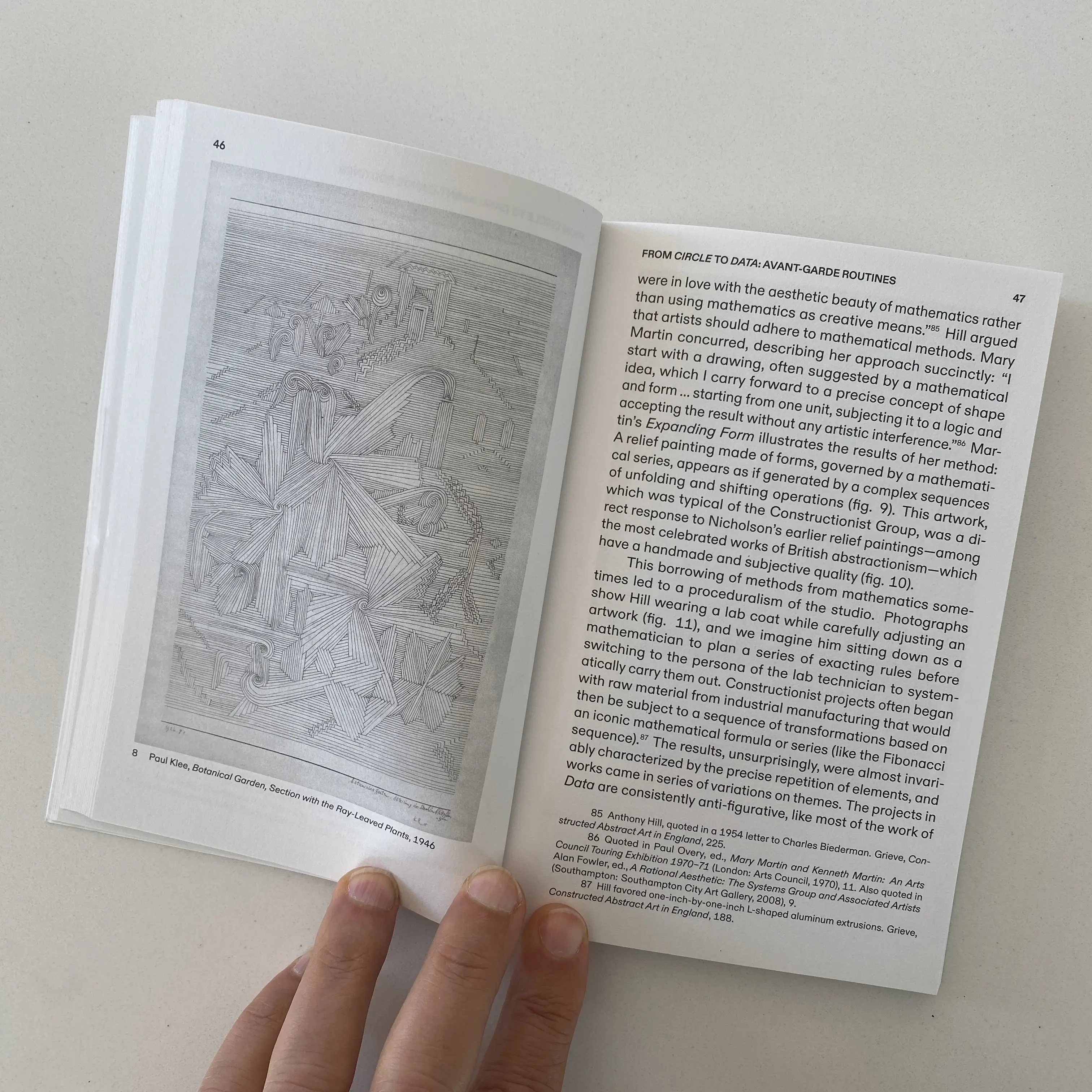
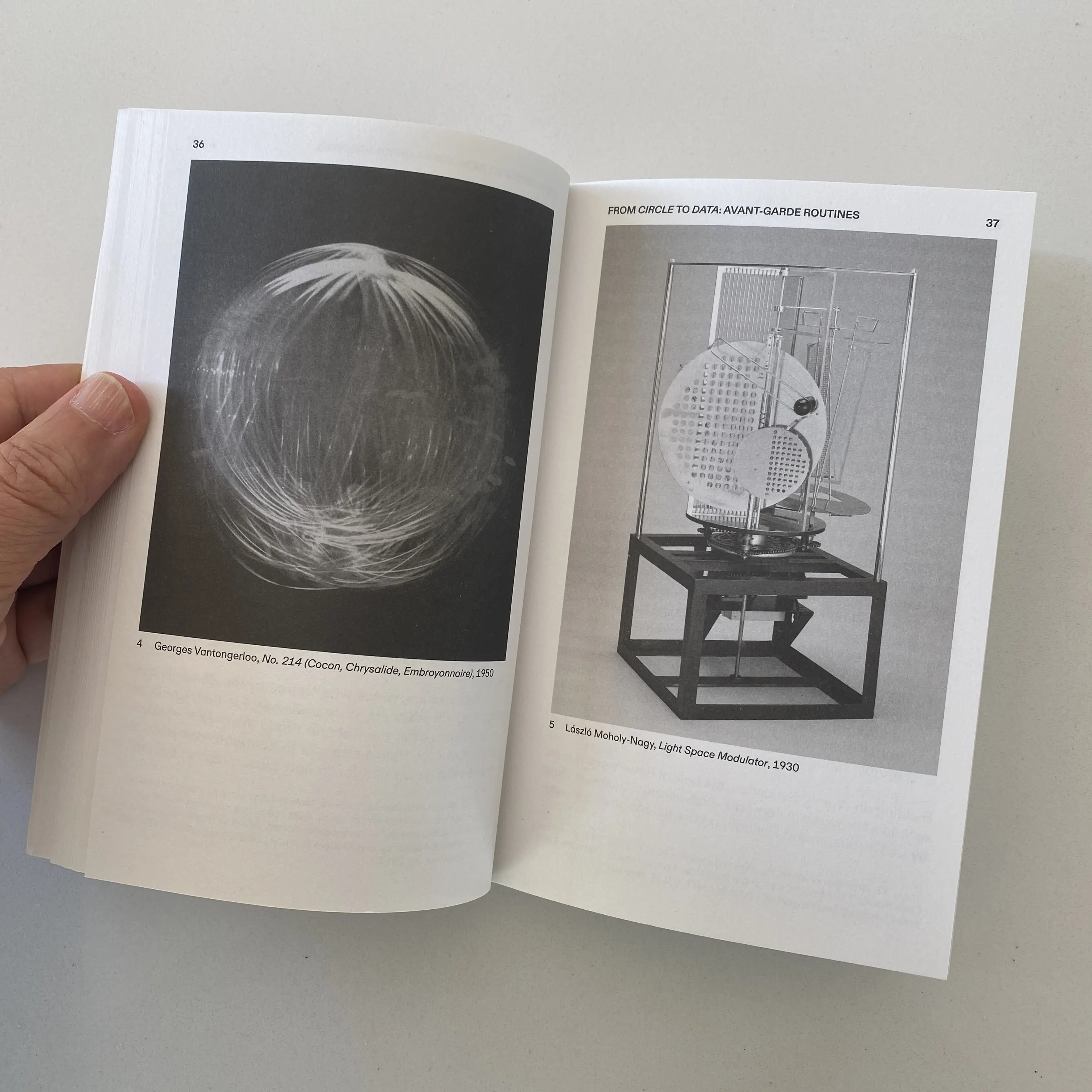
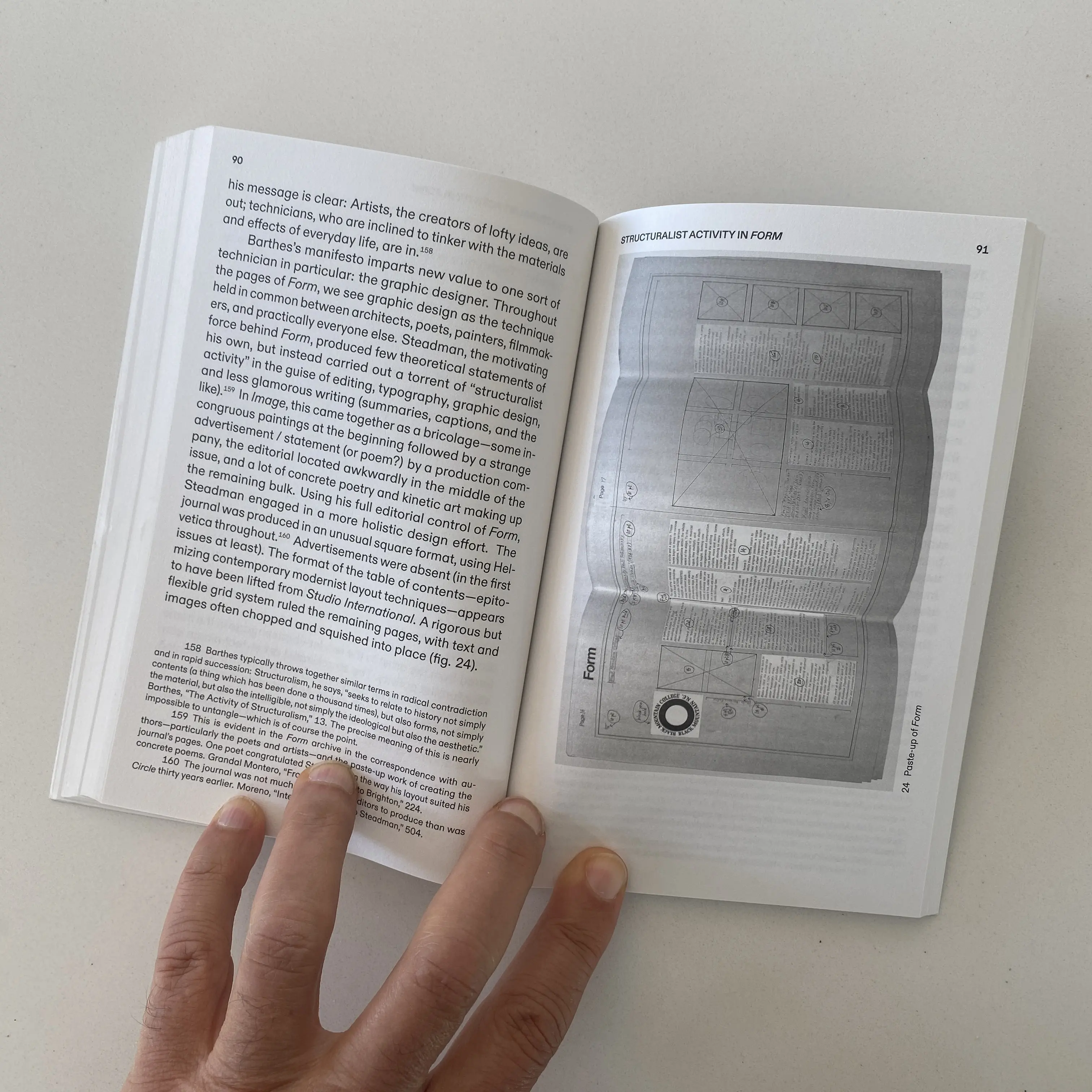
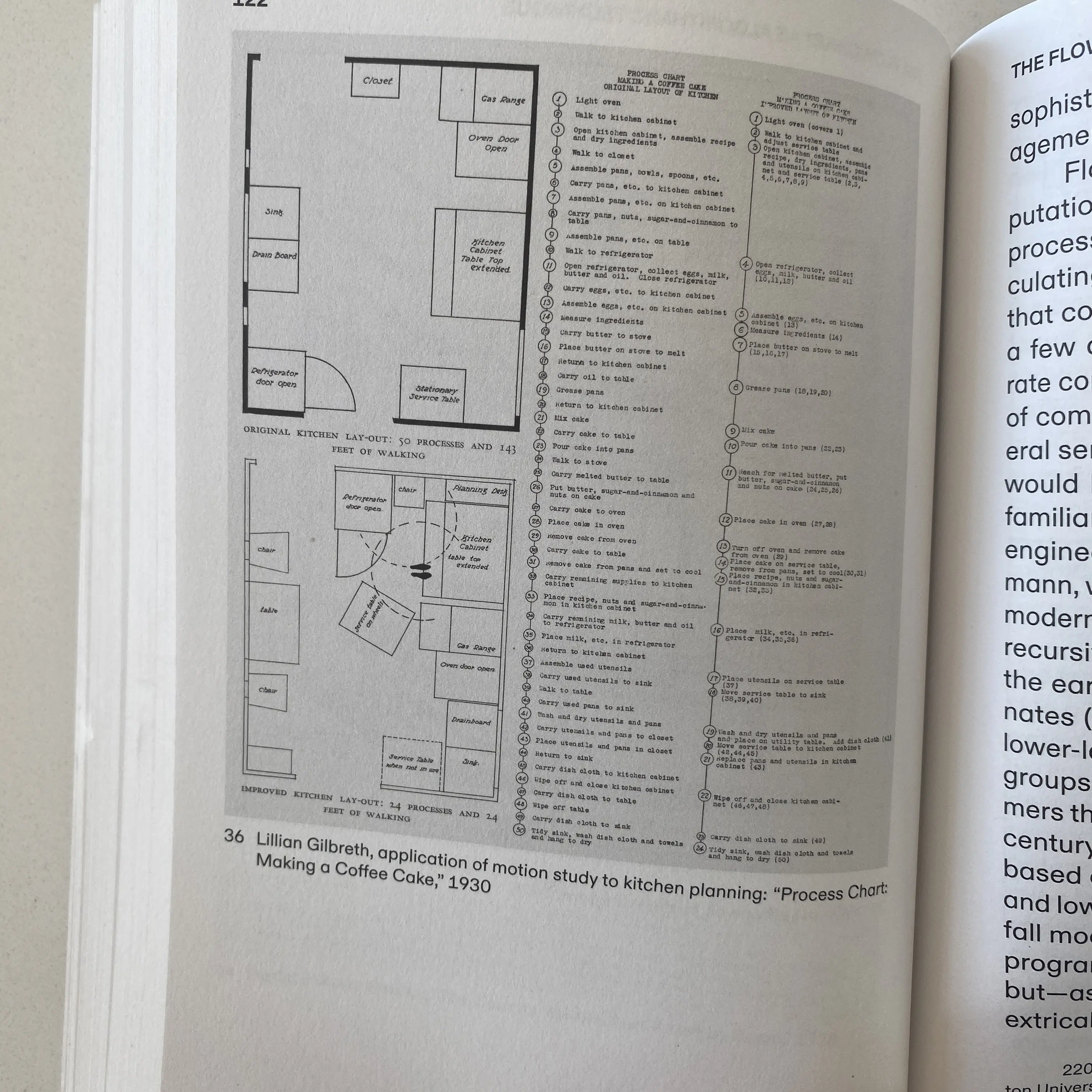
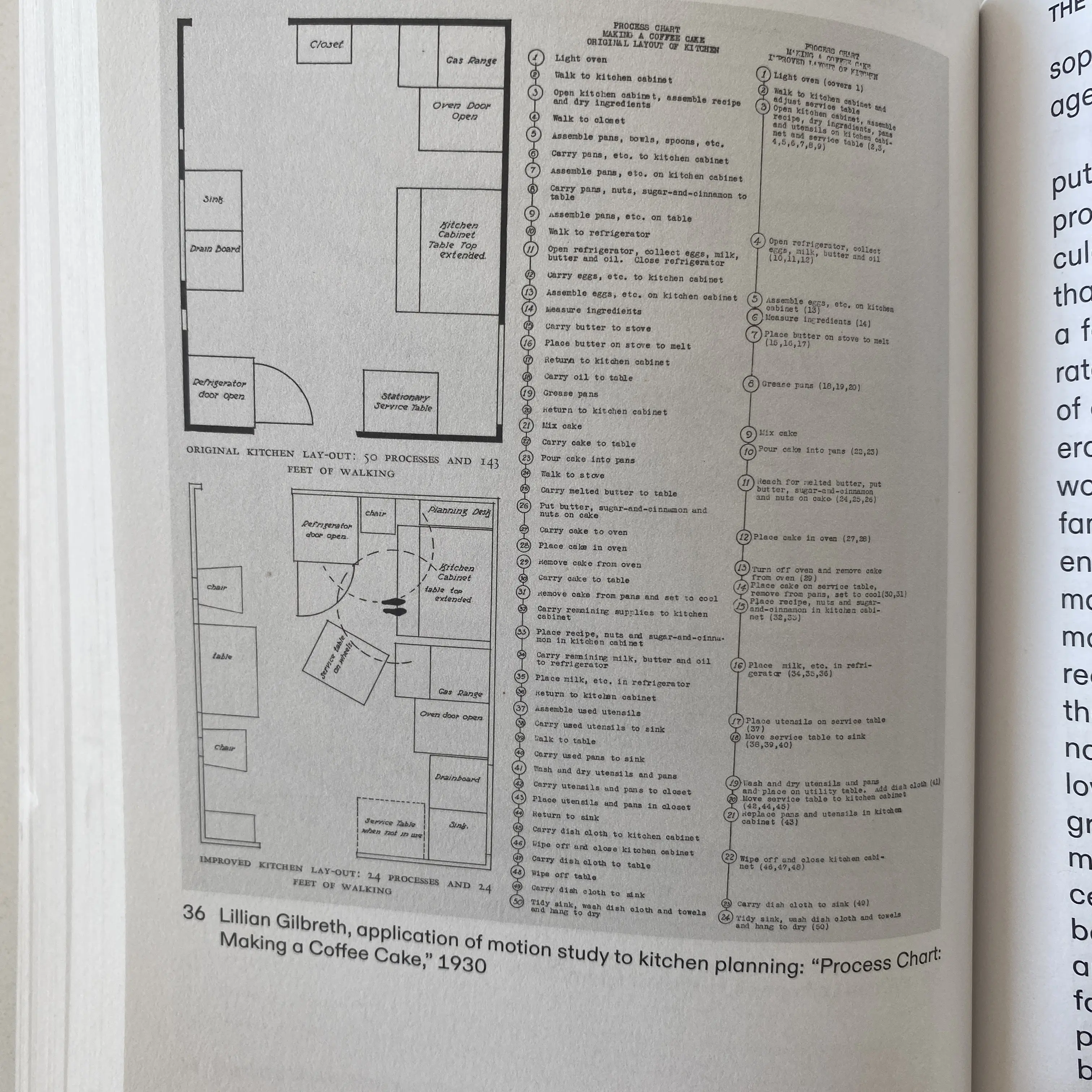
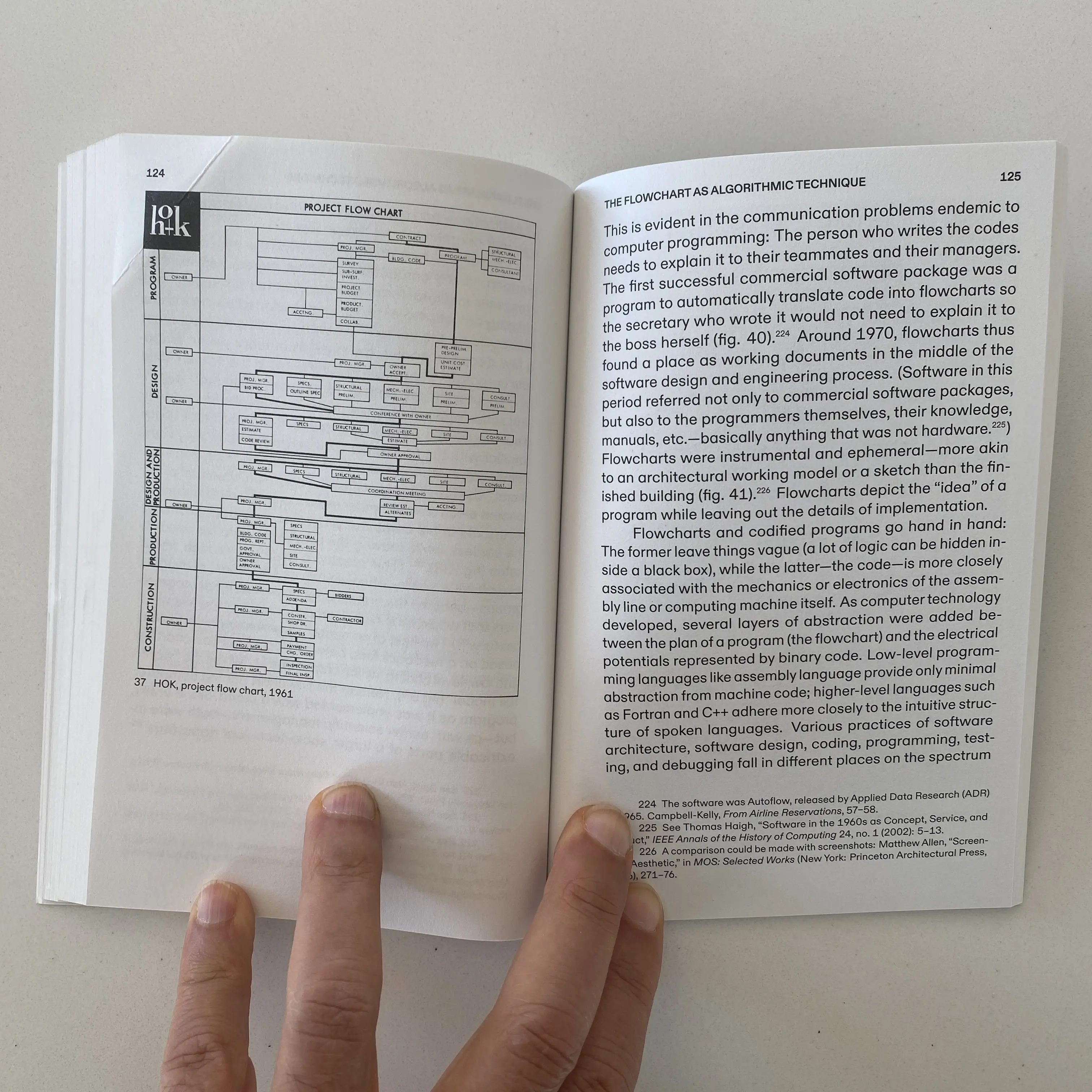
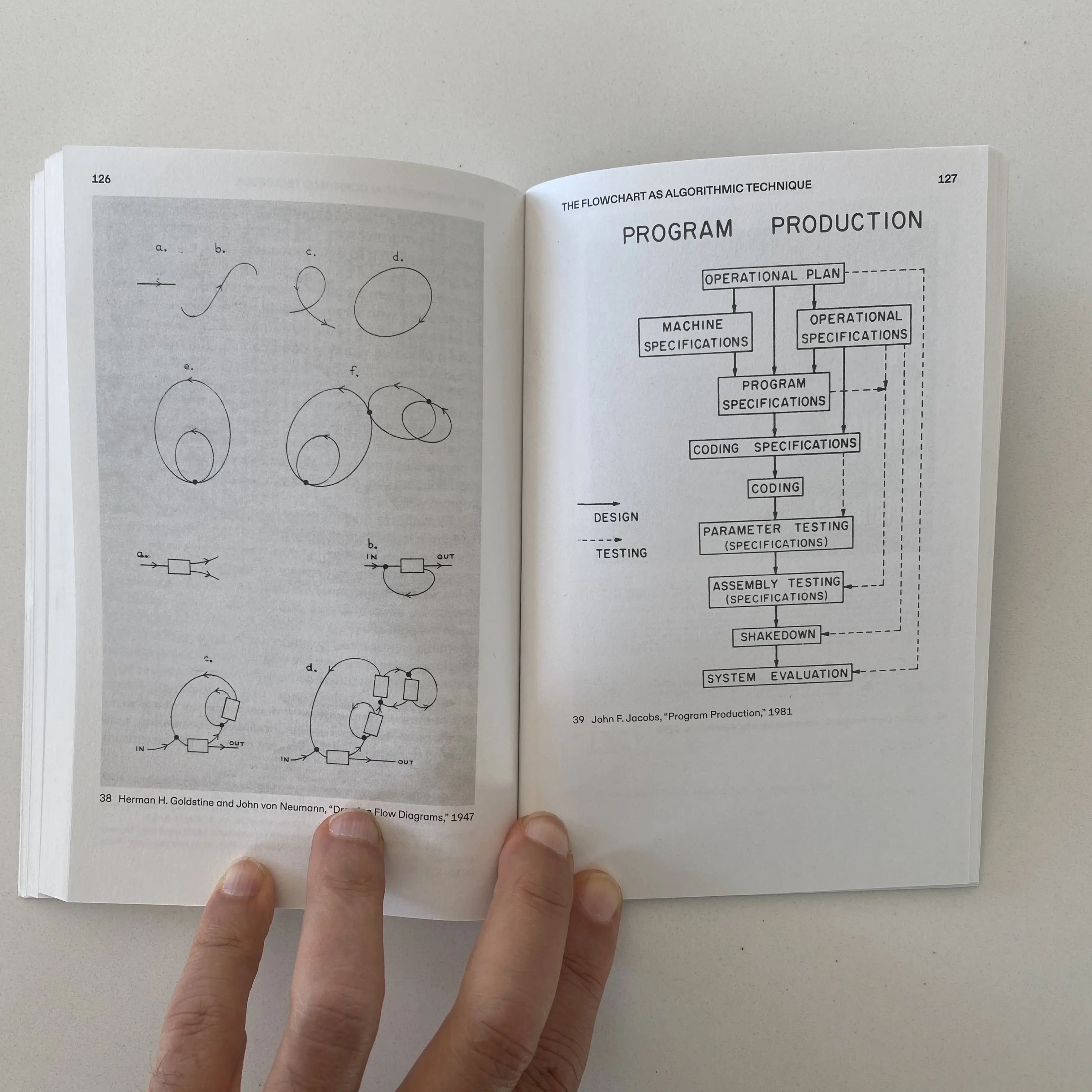
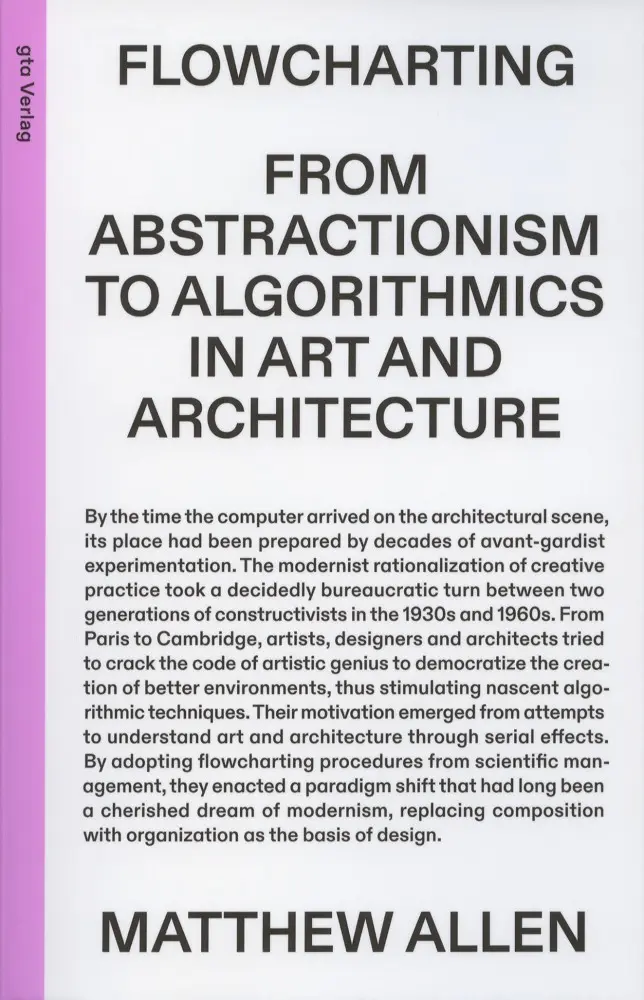
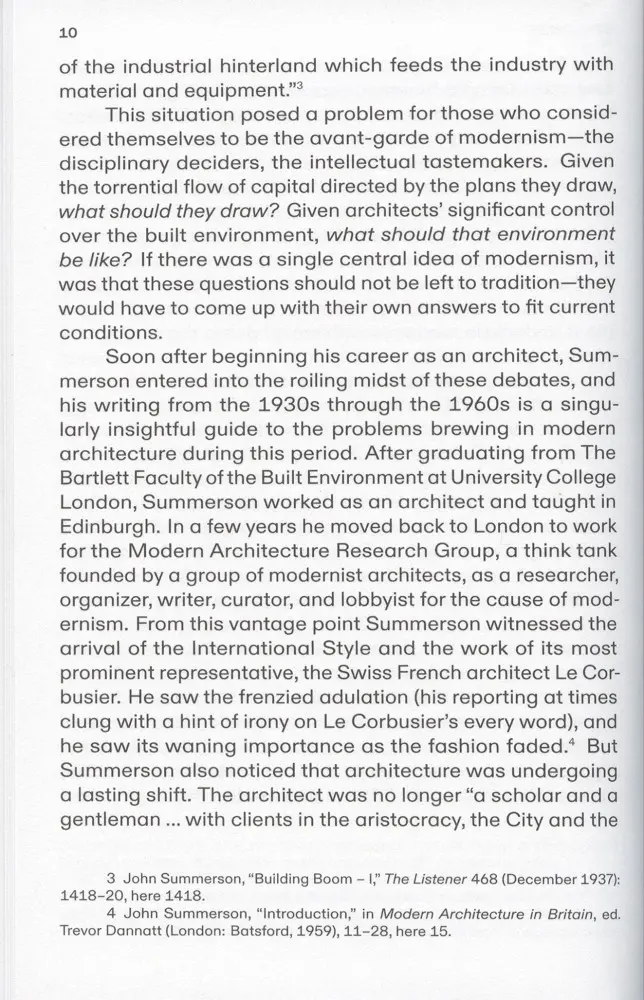
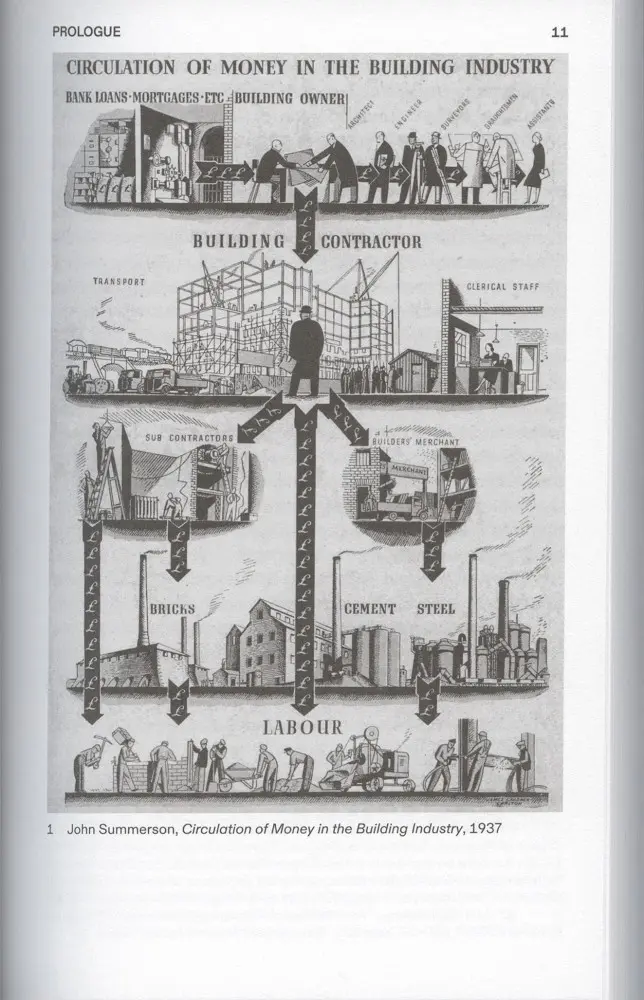
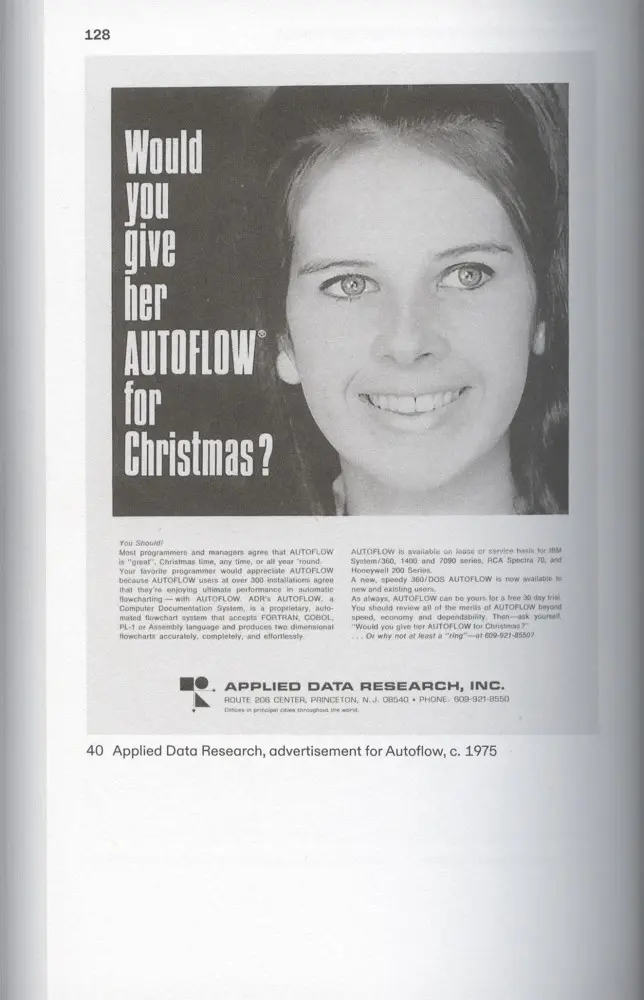
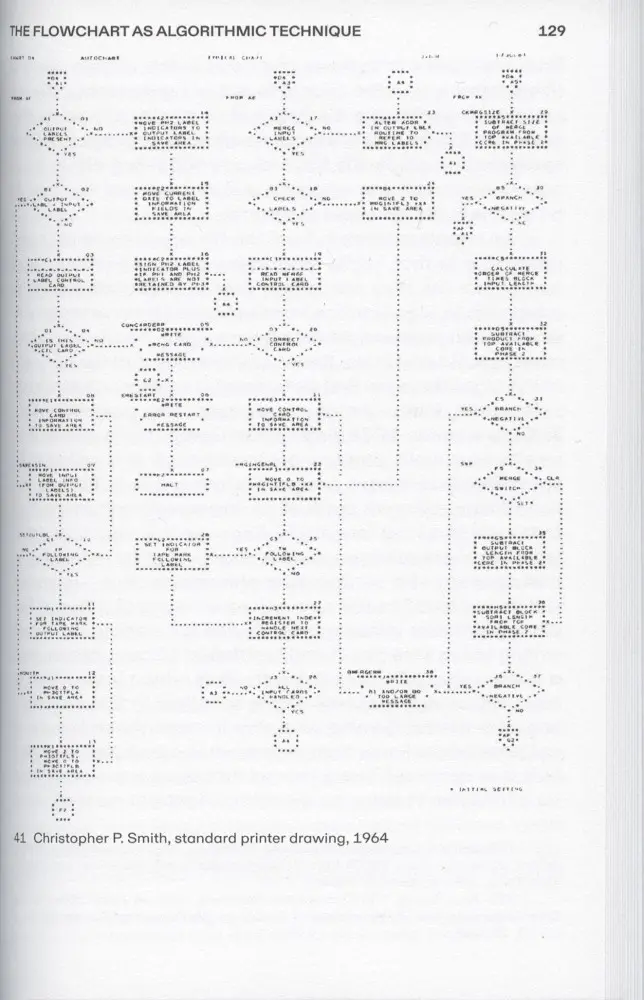
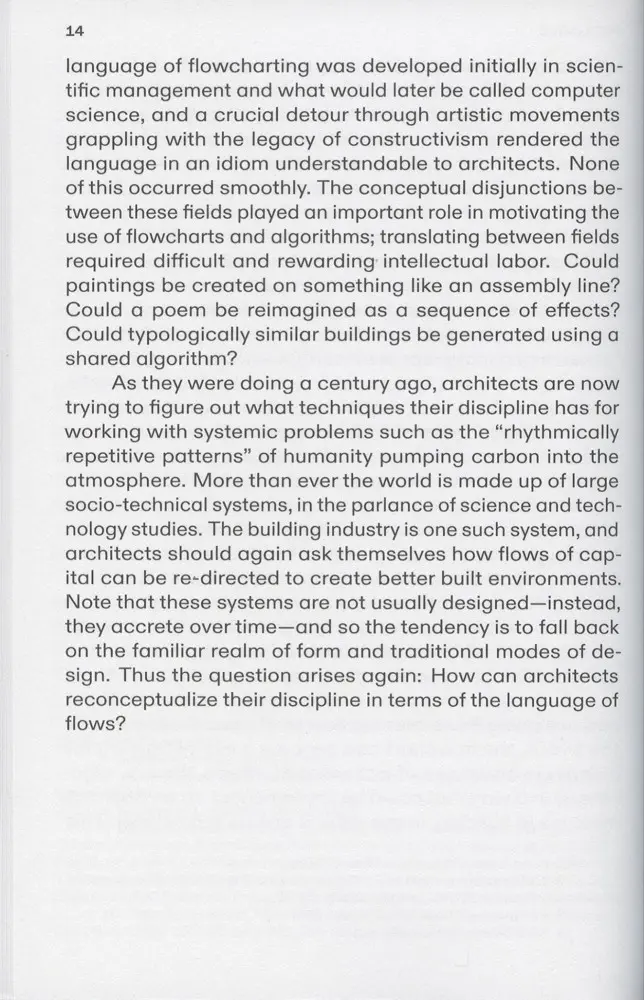
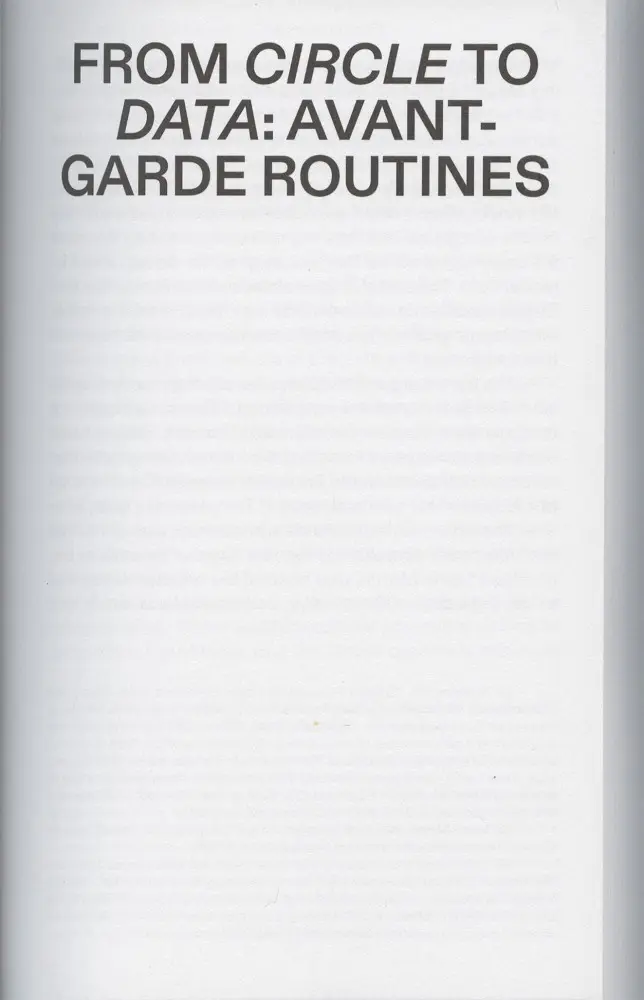
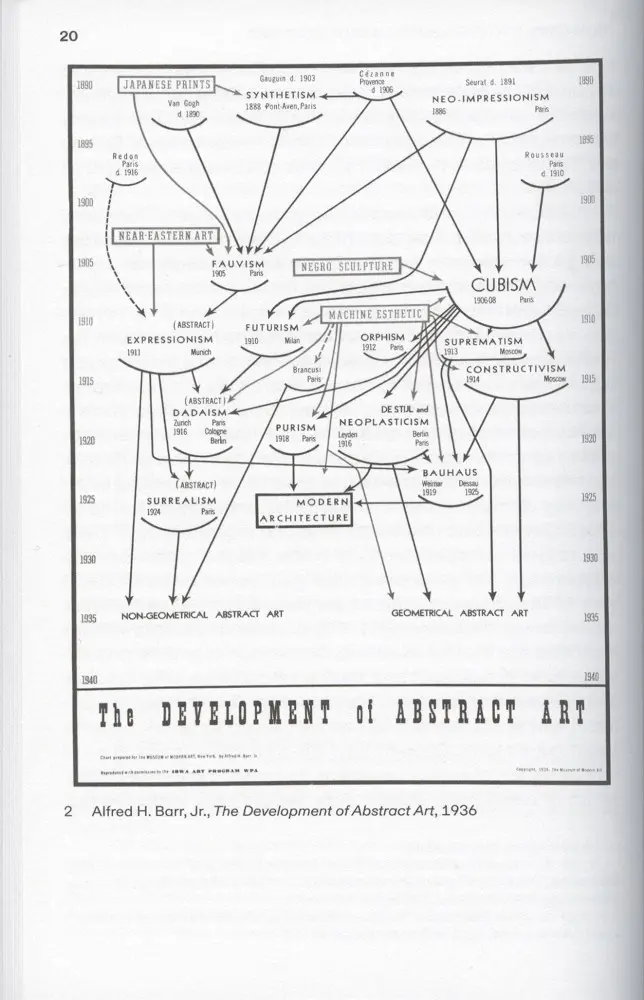
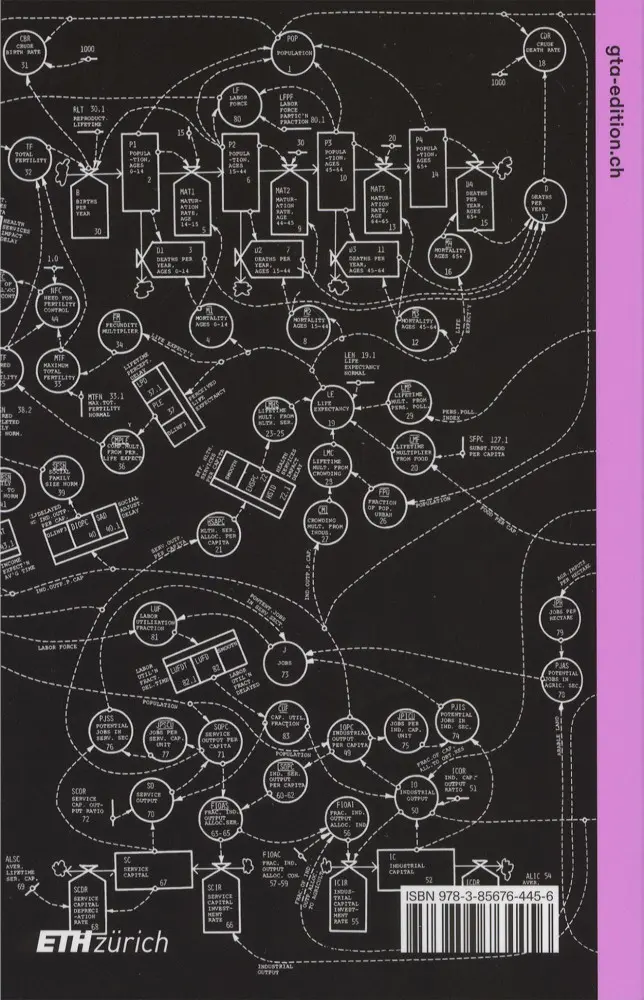
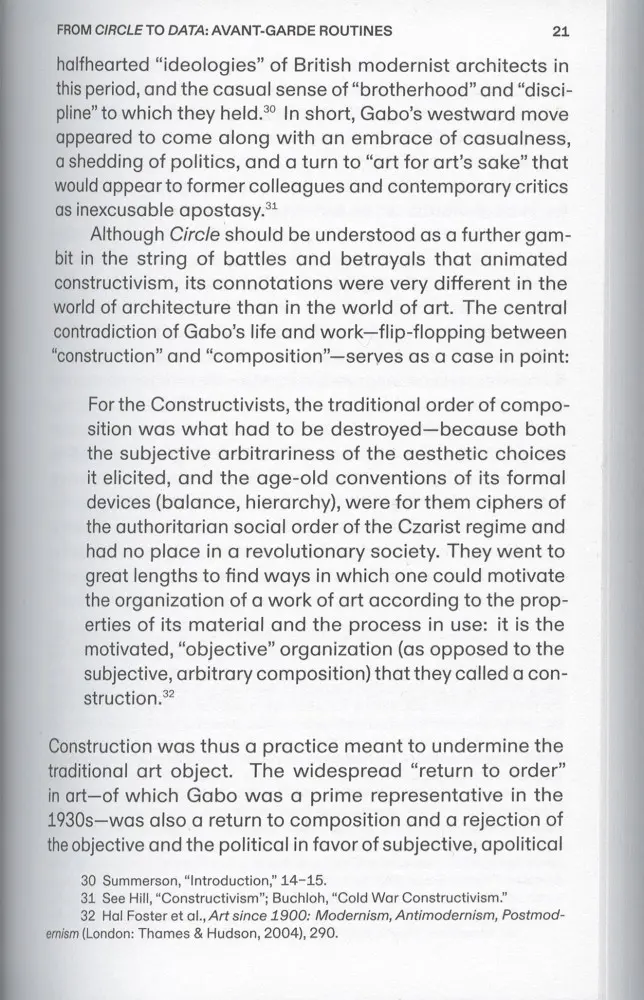
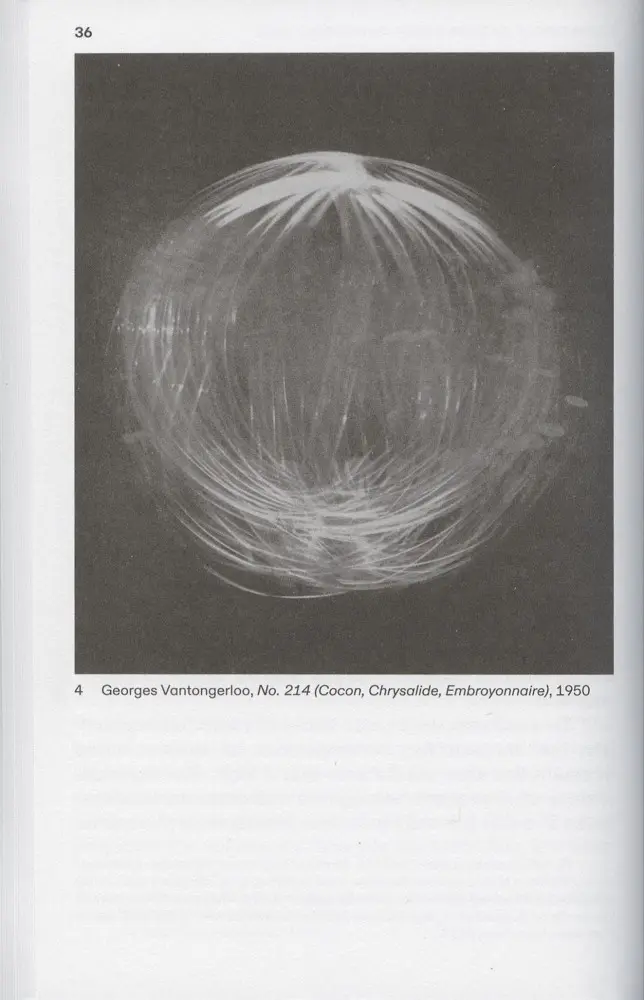

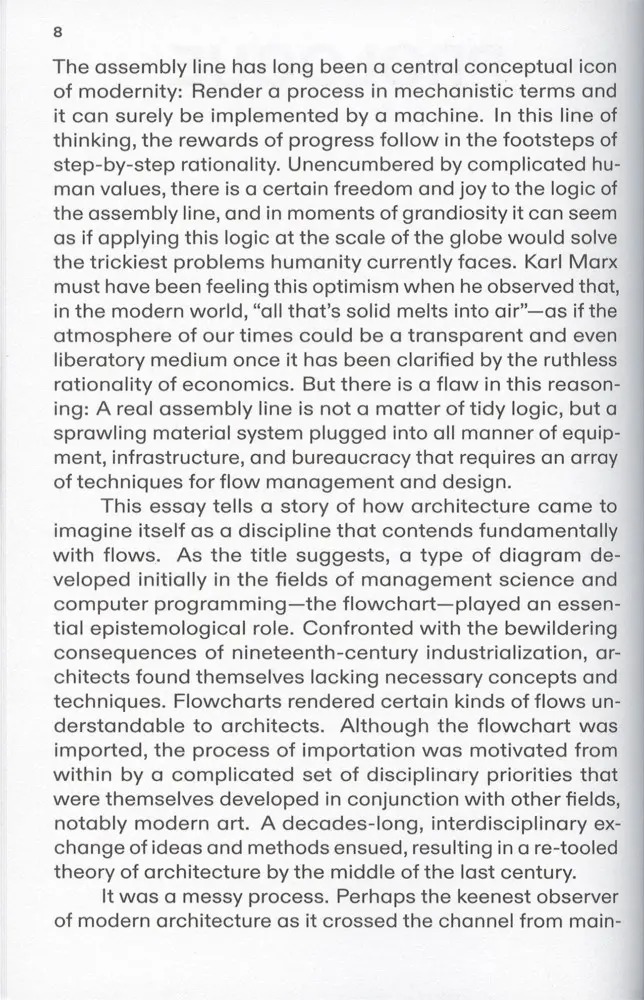
Contributors
Matthew Allen
_ Author
Reinhard Schmidt
_ Design
Nadine Wüthrich
_ Design
Jennifer Bartmess
_ Copyeditor
Thomas Skelton-Robinson
_ Proofreader
Biography of Matthew Allen
Matthew Allen is a visiting assistant professor at Washington University who studies the history and theory of architecture, technology, and visual culture. He is the author of the book Flowcharting: From Abstractionism to Algorithmics in Art and Architecture. He has written essays for venues such as Log, the Journal of the Society of Architectural Historians, Domus, the New York Review of Architecture, and Architectural Record. Allen holds a PhD and a Master of Architecture degree from Harvard University. His research has been supported by the Andrew W. Mellon Foundation, the Social Sciences and Humanities Research Council, the Canadian Centre for Architecture, and other institutions. Allen has worked for MOS, Preston Scott Cohen, and other firms at the leading edge of contemporary practice.Publisher
Gta Verlag on Amazon on Good ReadsSpecifications
Cover Softcover Pages 140pp Printing TBD, La Buona Stampa SA, Switzerland Binding Bubu AG, SwitzerlandNotes
- Gift from Andrew Baird
- Cover image: Stephen Flanders, DYNAMO flow diagram of the World3 model, 1972


Want to learn more? Curious how we work? Feel like your organization could use a bit more Imagination to help make sense of the dynamic character of a kinetic marketplace?
Use the Contact Form below to discuss how you can engage Near Future Laboratory to help you make sense of your organization's possible futures.
Use the Contact Form below to discuss how you can engage Near Future Laboratory to help you make sense of your organization's possible futures.